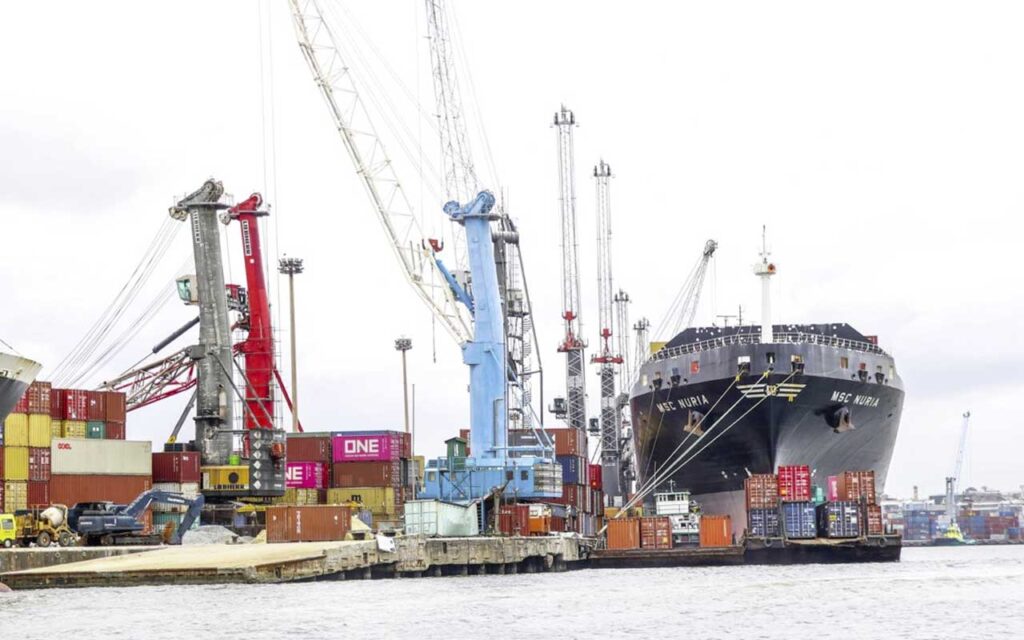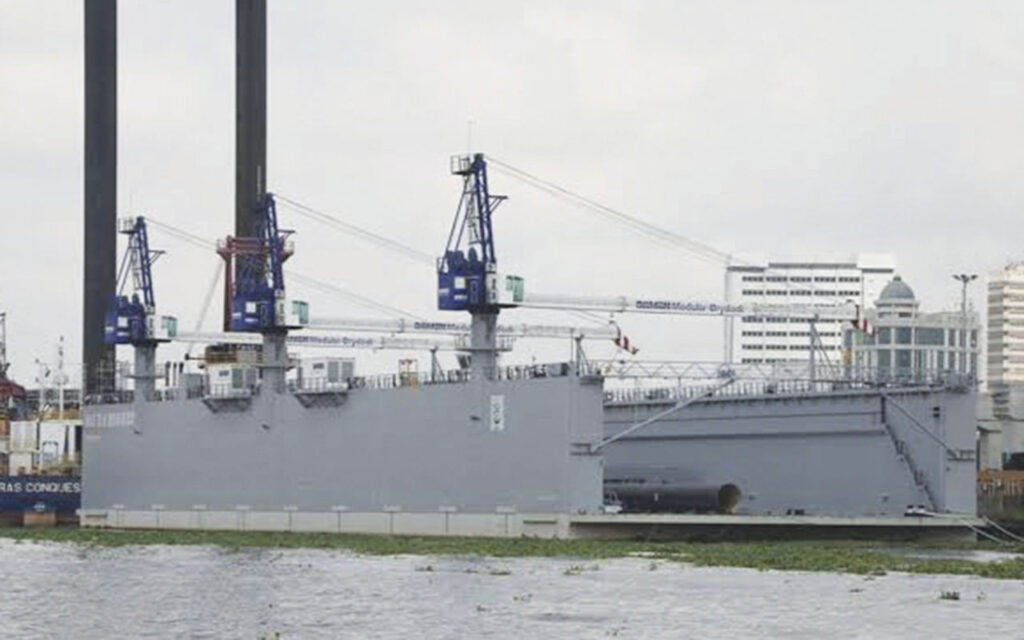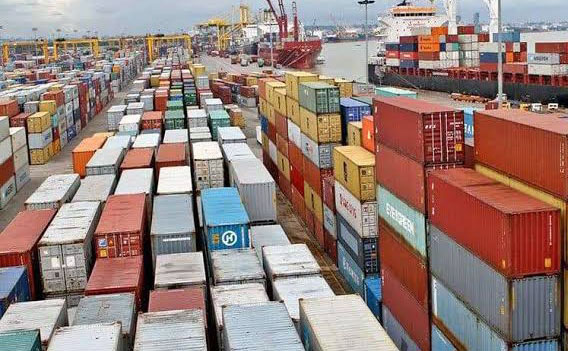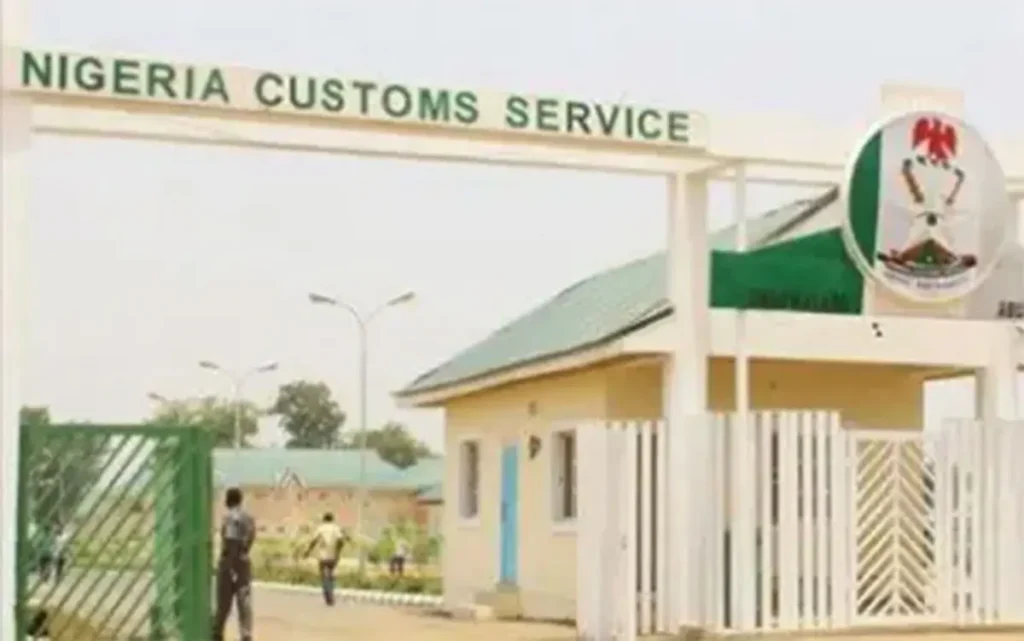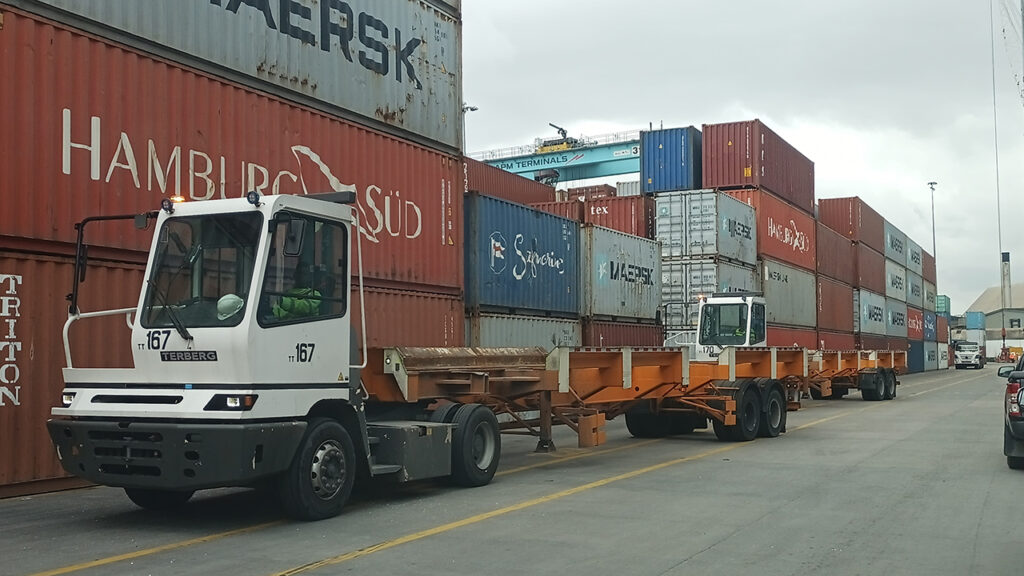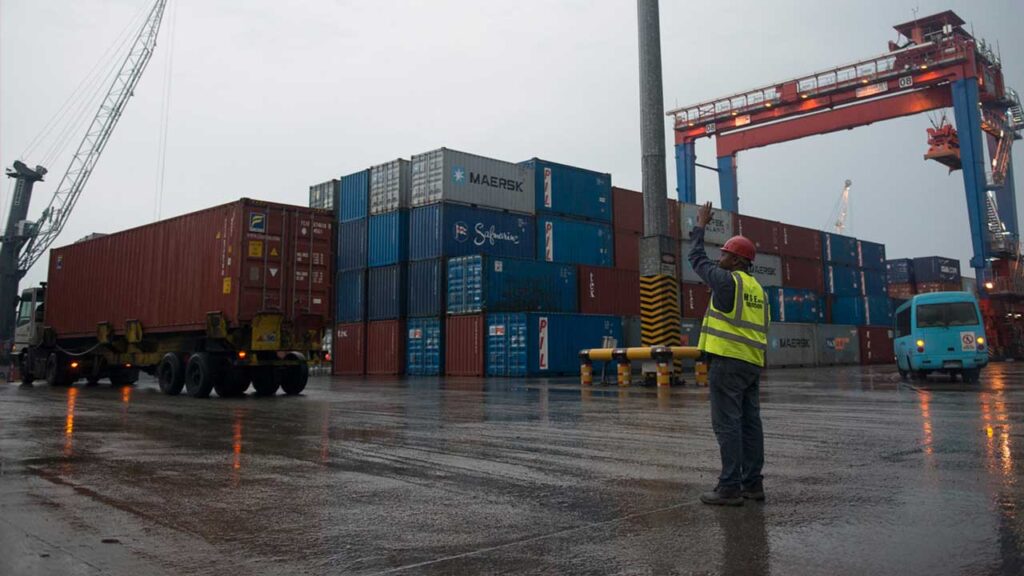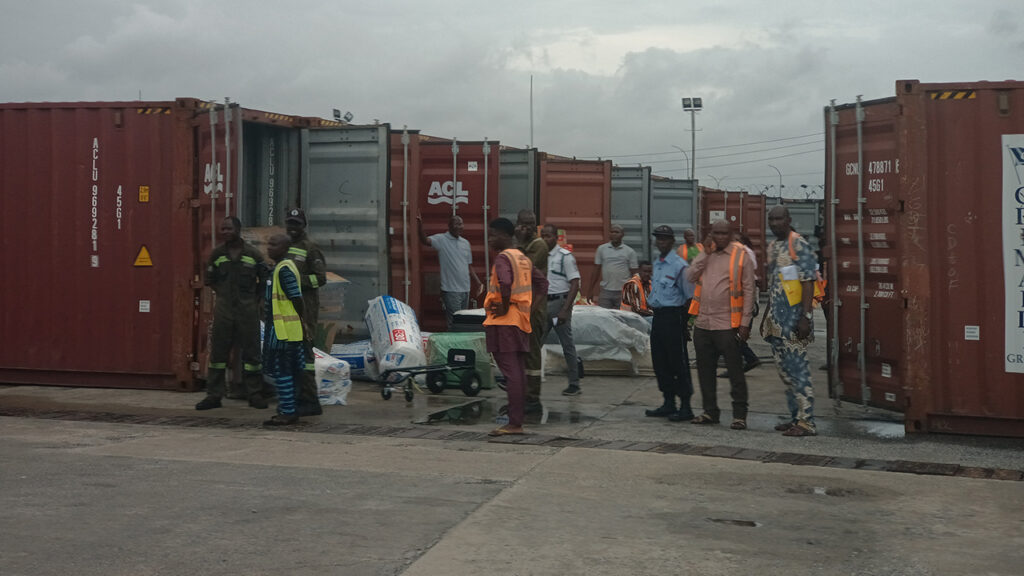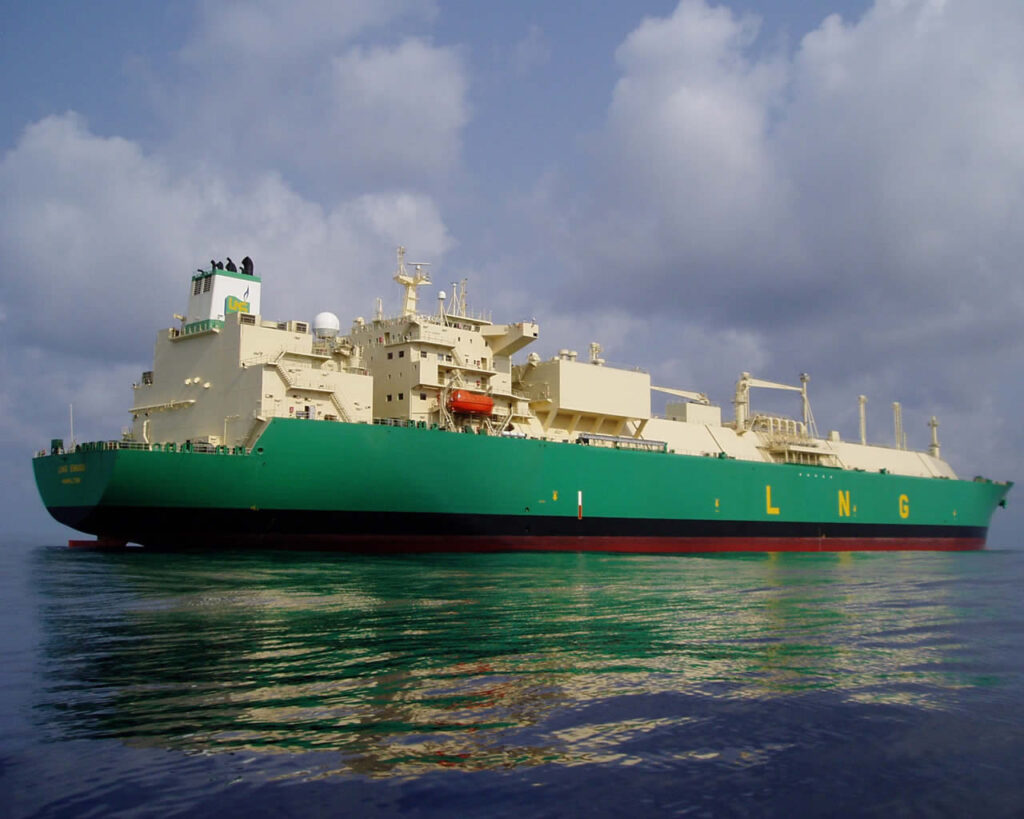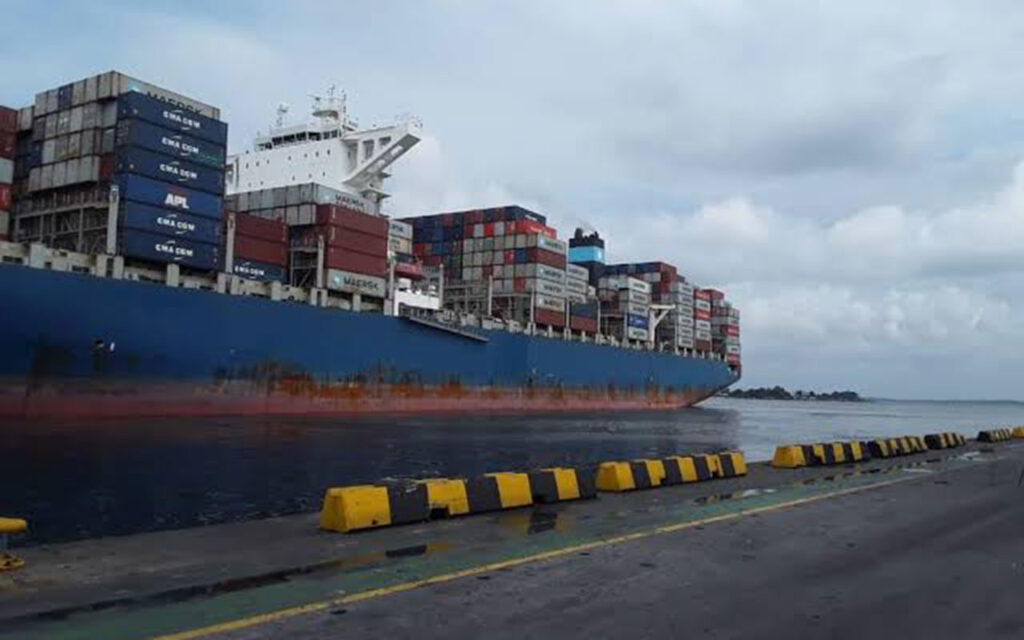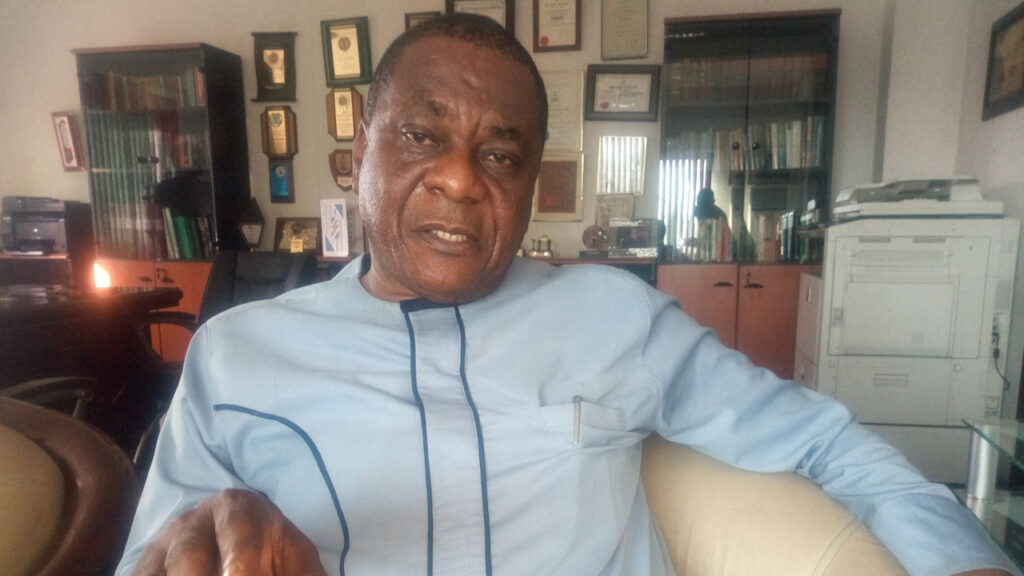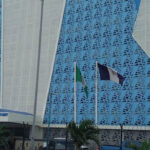Nigeria’s maritime sector has been grappling with the multiplicity of agencies whose functions overlap, leading to duplications and excessive taxes. This makes the ports expensive for trade and discourages investors, a situation that may be worsened by the proposed Nigeria Shipping and Port Economic Regulatory Agency Bill, ADAKU ONYENUCHEYA reports.
In February 2024, President Bola Tinubu ordered the full implementation of the Stephen Oronsaye report to reduce the cost of governance by merging, scrapping, slashing, and relocating several government agencies within 12 weeks.
The 800-page Oronsaye report on public sector reforms, submitted in 2012, revealed 541 statutory and non-statutory Federal Government parastatals, commissions, and agencies whose functions overlap and constitute duplications.
The report recommended slashing 263 statutory agencies to 16, scrapping 38 agencies, merging 52, and reverting 14 to departments in various ministries.
Already, the maritime sector is burdened with multiple agencies and duplications of functions, which paralyses trade, making the nation’s seaport one of the most expensive in West and Central Africa.
This situation leads to cargo being diverted to neighbouring countries, resulting in significant economic losses.
At a time when the Federal Government is undertaking reforms to reduce governance costs, the Nigeria Shipping and Port Economic Regulatory Agency Bill exacerbates the existing problems of agencies and function duplication.
The House of Representatives Committee on Shipping Services and Related Matters held a one-day hearing on Monday, May 27, 2024, to gather public feedback and input on repealing the Nigerian Shippers Council (NSC) Act (Cap N133, LFN 2004) as a prelude to enacting the Nigerian Shipping and Port Economic Regulatory Agency Bill 2003.
The bill, led by the Speaker of the House of Representatives, Tajudeen Abass, passed its second reading in March 2024.
One of the bill’s sponsors and Chairman of the House Committee on Shipping Services and Related Matters, Abdussamad Dasuki, citing a gazette, stated that the NSC was made the Port Economic Regulator in 2015 by the Federal Government, a status that needs formalisation through legislation.
Dasuki, presenting the bill to the House of Representatives on February 14, 2024, highlighted the Federal Government’s aim to establish an effective regulatory regime for Nigerian ports, encompassing all stakeholders and controlling tariffs, rates, and economic services.
However, the bill faces opposition in various quarters, not necessarily against its passage, but against the misrepresentation of the agency to be created from the bill in terms of its functions and jurisdiction vis-à-vis other agencies in the maritime sector.
Duplication of functions and overriding powers of other agencies
The bill contains clauses that conflict with other agencies’ existing legislation, duplicating and overriding their functions. For instance, the powers and functions of the Nigerian Maritime Administration and Safety Agency (NIMASA) have been duplicated.
Functions such as shipping regulation and issuance of certificates, licenses, fees, charges and levies fall within NIMASA’s exclusive jurisdiction, which the bill fails to address.
Also, the Nigerian Ports Authority (NPA), the port landlord, is saddled with the granting of concessions to the concessionaire, under the statutory regulation and monitoring of the Infrastructure Concession and Regulatory Commission (ICRC).
This means that the review of concessions and collection of all or part of the concession fees as stated in Section 28 of the bill cannot be the business of the proposed new Ports Economic Regulator.
Additionally, the bill duplicates functions outlined in the Federal Competition and Consumer Protection (FCCP) Act, which aims to prevent unfair practices, including price or rate fixing, discrimination, predatory pricing amongst some competitors or against others or service users as well as hoarding and restrictive or exclusive contracts, which have or may have a negative effect within regulated sectors.
The proposed bill sets terms, conditions, fees and approves the grant of licenses, registration and permits for the provision of regulated service.
The bill also overrides the provisions of the Nigeria Railways Corporation (NRC), the National Inland Waterways Corporation, and all other agencies performing regulated services in the country.
It is worthy of note that following the port reforms programme and subsequent concession of the ports, there was a consensus among stakeholders on the need to establish an economic regulator for the ports to provide a competitive and conducive environment for commercial activities in the industry.
Consequently, various versions of a bill to create this agency were developed and presented for legislative action in the sixth, seventh, eighth, and ninth National Assemblies. However, none yielded the desired outcome due to conflicts of interest and narrow articulation.
In response, the Federal Government in 2014 signed an Executive Order that made the Nigeria Shippers’ Council an interim economic regulator for the ports pending the enactment of an Act.
Consequences for economy, trade
The clandestine push to pass the bill through the National Assembly has sparked squabbles in the nation’s maritime sector as regulators vie for supremacy.
This power struggle may undermine trade facilitation and afflict the nation’s maritime and shipping value chain with the undesirable status of an over-regulated business environment.
Stakeholders in the maritime sector have urged the federal government to fully implement the Oronsaye report to reduce the cost of governance.
A position paper presented by the NPA stated that the intent and import of the bill is policy, which therefore must be driven by the sector policy arm of the executive – the Federal Ministry of Marine and Blue Economy.
“The function of parliament here is to facilitate seamless implementation of established policy by enacting the intent of the operators.”
The NPA also emphasised the need for it to be named the “Nigeria Port Economic Regulatory Agency” for clarity, to avoid duplicating the functions of other players in the sector.
The President of the National Council of Managing Director of Licensed Customs Agents (NCMDLCA), Lucky Amiwero, highlighted the misalignment in the current legislative focus, noting that the bill deviates from its intended purpose of regulating the commercial and economic interests of ports.
Amiwero stated that the port regulator’s function is to regulate and not to issue licenses, permits, and approvals for grants of licenses.
He noted that the bill conflicts with the functions of other agencies, usurping their powers.
He emphasised that the Nigerian Ports Authority Act 38 of 1999 already encompasses comprehensive functions covering regulation, port operation, and landlord/marine operations.
Amiwero insisted that the legislative process for the NPA Bill should come first to clarify the components of port operations and avoid the creation of overlapping, conflicting, and duplicative regulations.
Amiwero referenced the successful Independent Port Regulator model of South Africa, which operates under the National Port Act 12 of 2005 and could serve as a template for Nigeria, ensuring economic regulation of the port system without overlapping and usurping powers.
Additionally, he warned against the potential usurpation of powers from other agencies, particularly the NPA, and duplication of functions outlined in the Federal Competition and Consumer Protection Act.
He cautioned that the proposed Port Regulator Bill, in its current form, could lead to conflicts, litigation, and impediments to effective port and national economic regulation.
Amiwero appealed to the presidency, the Minister of Marine and Blue Economy, and the legislators to form a committee of port reform experts to draft the new Bill, which would be submitted as an executive bill to safeguard the interests of the ports and the national economy.
Amiwero, who underscored the urgency of these reforms, warned that failure to address these issues could result in continued inefficiencies and economic losses, particularly as the global shipping industry evolves.
Maritime expert, Olusegun Muyiwa, argued that the bill contradicts the presidential policy aimed at reducing the cost of governance and implementing the Oronsaye Report, which recommended merging agencies whose functions overlap and constitute duplications.
He called for urgent revision and highlighted the confusion that may ensue due to the combination of “Ports” and “Shipping” in a regulatory agency and demanded proper phrasing of the agency’s roles to avoid encroachment and infringement.
The Head of Publicity at the Maritime Advocacy Foundation (MAF), Dr. Eugene Nweke, warned that repealing the Nigerian Shippers Council Act (Cap. 133 LFN 2004) to replace it with a new regulatory body, the Nigerian Shipping and Port Economic Regulatory Agency would severely undermine the interests and contributions of Nigerian shippers to the nation’s economy.
Nweke criticised the proposed legislative changes as a significant setback for Nigeria’s shipping industry, noting that the repeal of the NSC Act would remove protections against unfair trade practices and economic instability.
Meanwhile, contrary to experts’ views, the House of Representatives Committee on Shipping recently stated that the bill would curb arbitrary charges and other illegal activities of operators in the nation’s maritime industry when passed into law.

